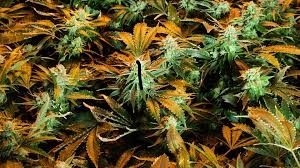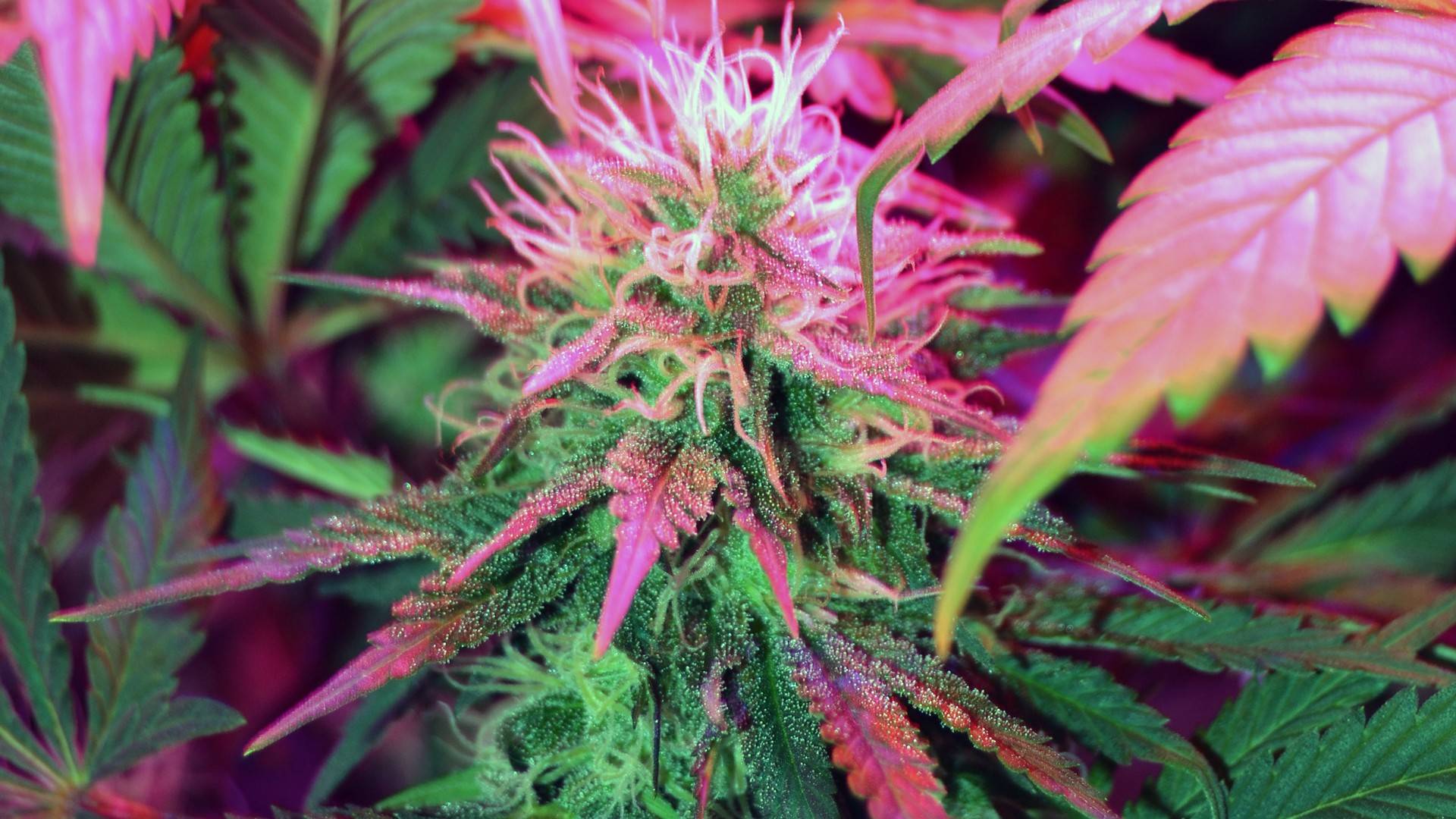
Age and gender create distinct patterns in marijuana’s effects. My clinical
observations and research data show these differences in several ways
Age-Related Effects:
-CB1 receptor levels peak between ages 15-17
-Adolescents face greater cognitive vulnerability
-Adults process cannabis differently
-Early use can affect development long-term
Men tend to use cannabis more often and in larger amounts. Women’s responses mirror their reactions to other medications with unique patterns:
-They develop cannabis use disorder faster
-Show heightened sensitivity to anxiety-related effects
-Experience different withdrawal symptoms
Previous exposure impact
Previous marijuana use creates unique response patterns in different people. My research shows that tolerance development varies by individual. THC absorption changes based on how it enters the body – oral methods show 6% bioavailability while inhaled methods range from 10-35%.
Early-life experiences and environment shape individual responses. Research points to early-life stress changing endocannabinoid signaling patterns. This might explain why some people develop problematic use patterns more easily than others.
The relationship between genetic ancestry and drug metabolism fascinates me. The CYP2C192 allele appears at different rates across populations:
-36.8% in Indians
-28.4% in Asians
-16% in African-Americans
-13.3% in Caucasians
These differences help explain why patients from various ethnic backgrounds report such different experiences with identical marijuana products. As medical marijuana use grows, understanding these individual differences becomes vital for creating individual-specific treatment approaches.
Medical Benefits vs Recreational Effects
My research in hashish therapeutics has taught me about the clear differences among scientific and leisure marijuana use. The digital global of scientific marijuana has grown remarkably. Right now, forty seven states, the District of Columbia, and three territories allow cannabis for clinical purposes.
Therapeutic applications
The FDA has permitted unique hashish-derived medicines that focus on sure conditions. Epidiolex serves as a good example. This purified CBD remedy facilitates deal with seizures linked to Lennox-Gastaut syndrome and Dravet syndrome in sufferers 1 yr and older.My research shows that doctors prescribe medical marijuana to treat several conditions:
-Alzheimer’s disease and ALS
-HIV/AIDS and Crohn’s disease
-Epilepsy and seizures
-Multiple sclerosis and muscle spasms
-Post-traumatic stress disorder
-Cancer-related symptoms
